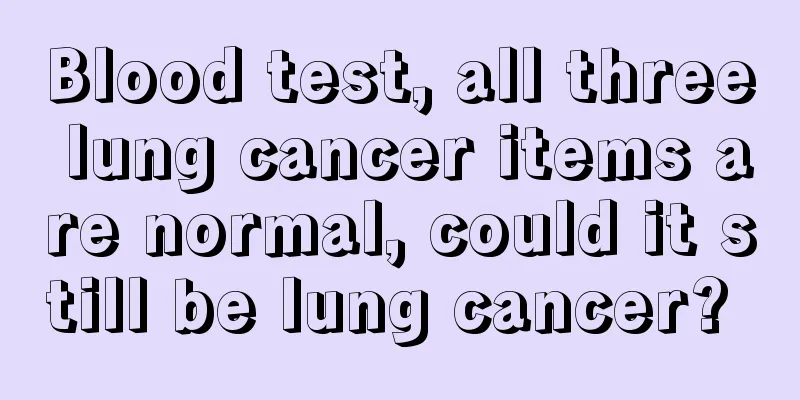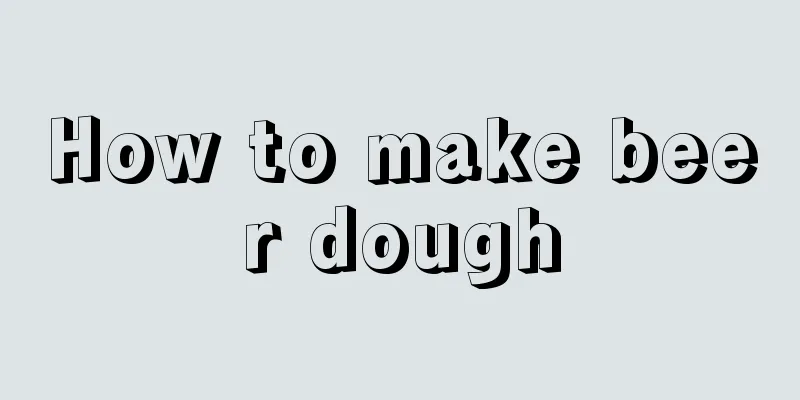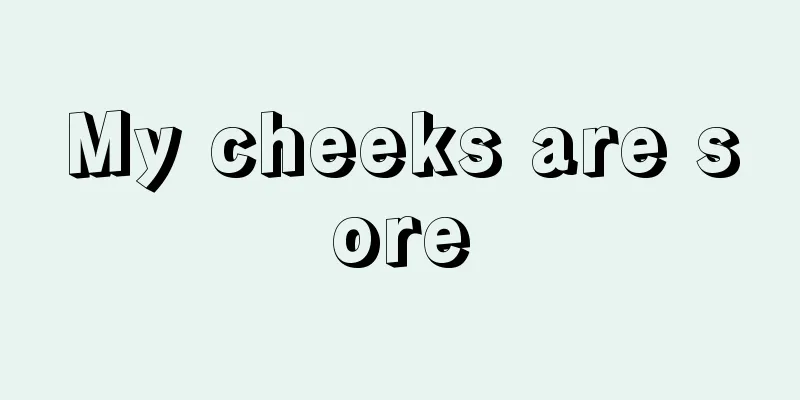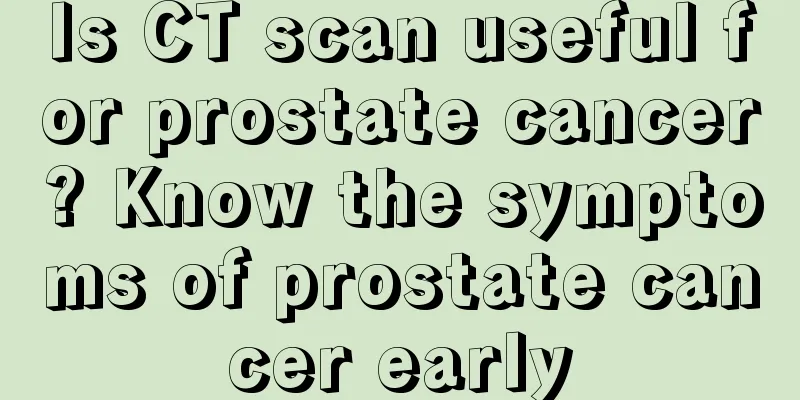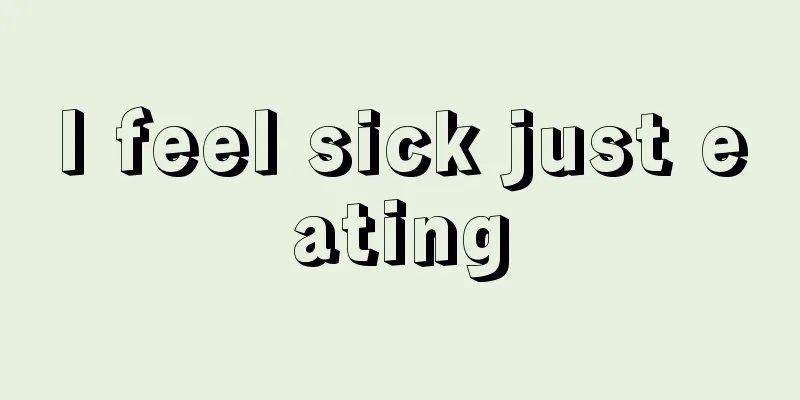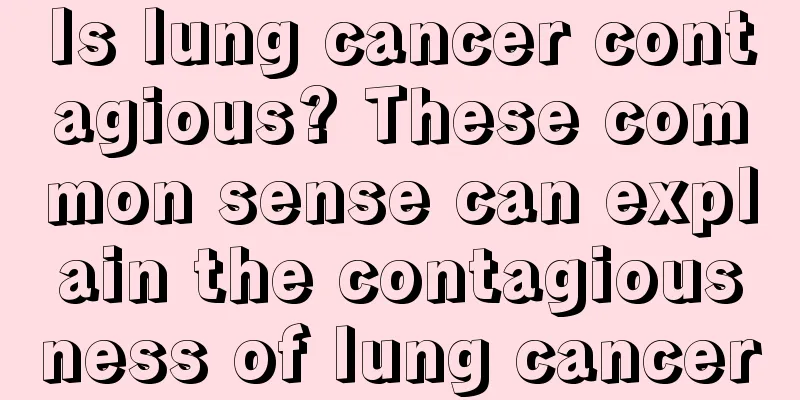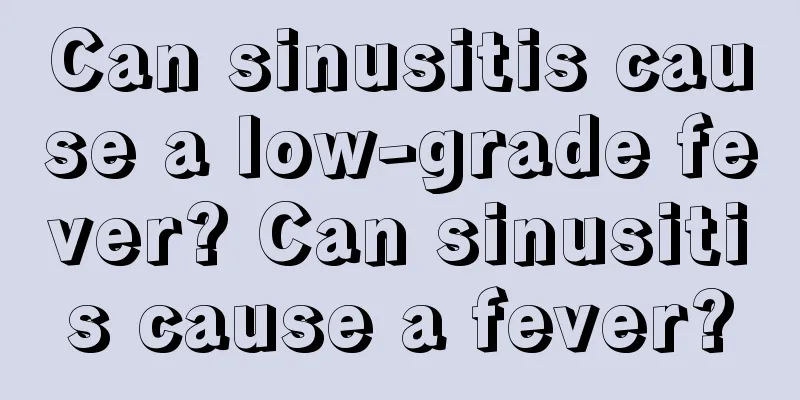When is hepatitis B surface antibody produced?
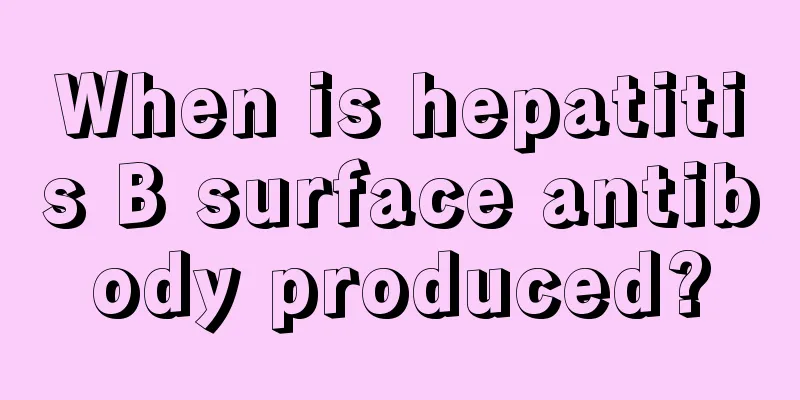
|
Hepatitis B surface antibodies are generally produced when vaccines are injected in childhood, because vaccinations can increase the chances of the human body producing hepatitis B surface antibodies, which is very effective in preventing hepatitis B. A small number of friends may not develop hepatitis B surface antibodies after receiving a large dose of vaccine, which may be related to genetic characteristics. When is HBsAg produced? Because infants and adults have different immune response sensitivities, some people are more likely to produce surface antibodies after vaccination, while some people will not produce surface antibodies. About 30% of people will produce surface antibodies after the first dose of the hepatitis B vaccine, while about 50% to 70% will produce surface antibodies after the second dose, and about 90% will produce surface antibodies after the third dose. Some people do not have surface antibodies after the injection and need to increase the dose of injection. However, some people, due to genetic reasons, still cannot produce surface antibodies after multiple large-dose injections. This group of people should avoid close contact with the source of infection to prevent infection. How long does the HBsAg antibody last? There are two ways to produce hepatitis B surface antibodies: one is produced by the injection of hepatitis B vaccine; the other is produced by having been infected with the hepatitis B virus and then recovering. However, the antibodies produced by the injection of hepatitis B vaccine are not permanent. They generally last for 3-5 years, and in a small number of people they can last for more than 10 years. Hepatitis B surface antibodies will gradually disappear over time and other factors. Therefore, people who have been vaccinated with the hepatitis B vaccine should go to the hospital regularly for examination and testing of the hepatitis B surface antibody titer. However, it is best to test it once every 2 or 3 years to prevent the hepatitis B antibody titer from decreasing due to unexpected circumstances. If the examination finds that the hepatitis B antibody titer is greater than 10mIU/mL, it can play an effective protective role. When the hepatitis B antibody titer is less than 10mIU/mL, it cannot provide effective protection and a hepatitis B vaccine booster shot is needed. What to do if hepatitis B surface antibodies disappear The hepatitis B surface antibody was negative and the antibody disappeared. Whether the hepatitis B vaccine administered in the past still has a protective effect can be determined through blood tests. If the hepatitis B surface antibody is negative, it means that no antibodies are produced after vaccination or that antibodies have been produced but have disappeared. This group of people should get three doses of hepatitis B vaccine. If antibodies are produced but the level is low, it means that the protective effect is weak and they can get another dose of hepatitis B vaccine, which is a booster shot. |
<<: What is the commonly mentioned Hepatitis B virus?
>>: How long does it take for hepatitis B antibodies to disappear?
Recommend
Age limit for wearing braces
Generally speaking, there is a certain age limit ...
Nursing methods for advanced lung cancer
Lung cancer is one of the most common malignant t...
What causes frequent urination, urgency and lower abdominal discomfort?
Every normal person urinates about four to eight ...
3 kinds of Panax notoginseng medicinal diet to treat pain after colon cancer surgery
After the colon cancer patient has the tumor remo...
When is the best time to drink rose vinegar
Rose vinegar is a drink made by fermenting rose p...
Can I have sex if I have cervical cancer?
Cervical cancer is a common gynecological disease...
Is nasal congestion an early or late sign of nasopharyngeal carcinoma?
Is nasal congestion an early or late sign of naso...
The dangers of wearing flip-flops
In the summer, we often wear slippers for comfort...
What to do if your neck becomes oily
Oily skin is a type of skin that only a small num...
What are the benefits of taking a hot bath
Everyone likes to take a hot bath when they get h...
What are the nursing measures after kidney cancer surgery?
For a disease like kidney cancer, surgery is ofte...
What are the causes of joint pain?
Joint pain is a disease with a relatively high in...
What is herpes
Both herpes simplex and genital herpes can cause ...
Symptoms of physical weakness, different types and different manifestations
According to experts, there are many symptoms of ...
The drug of choice for cor pulmonale, with good results in staged treatment
The remission period is mainly for the treatment ...
